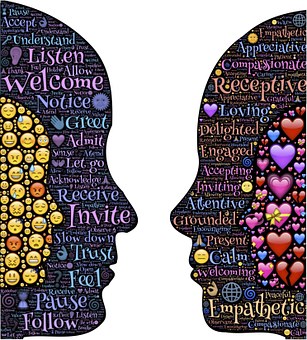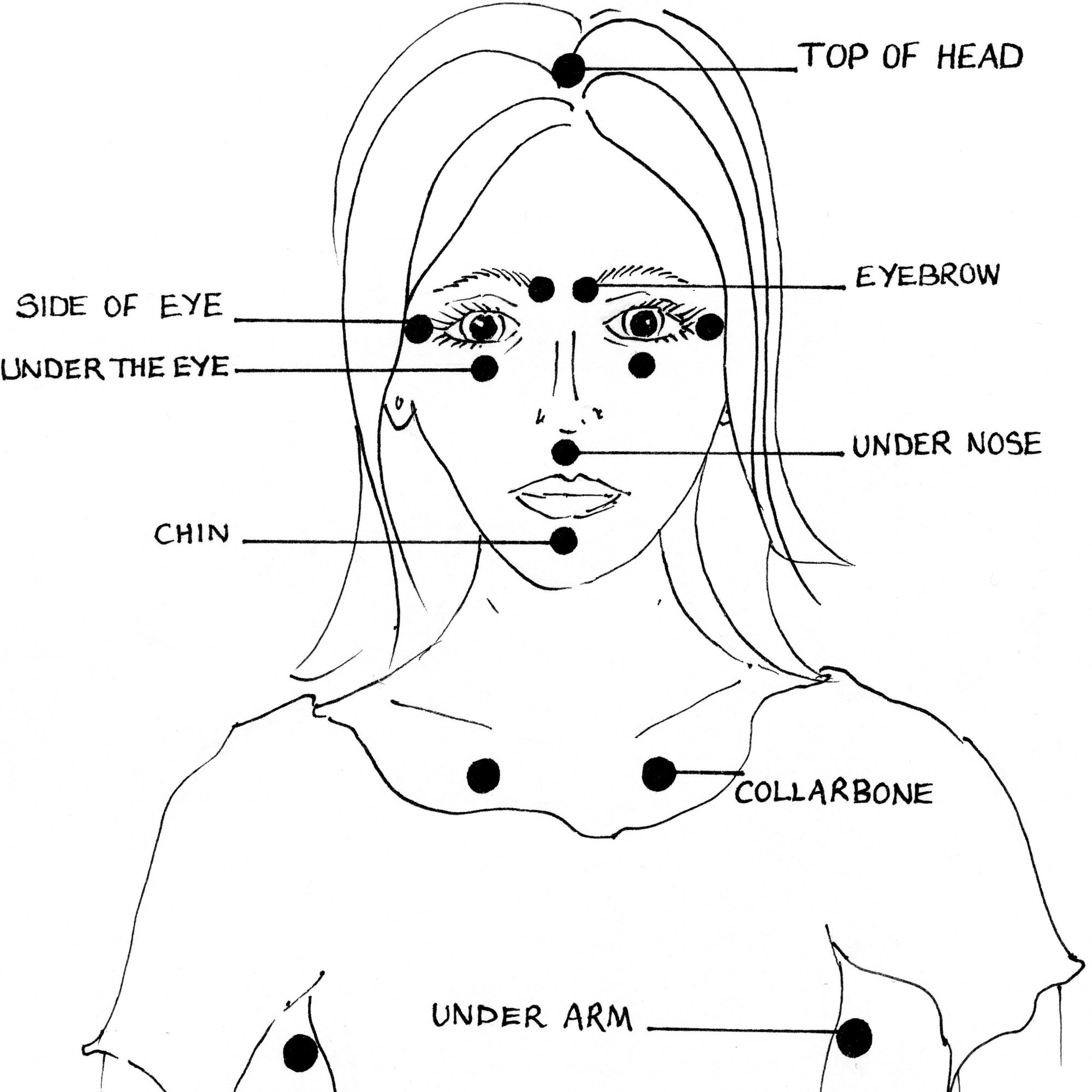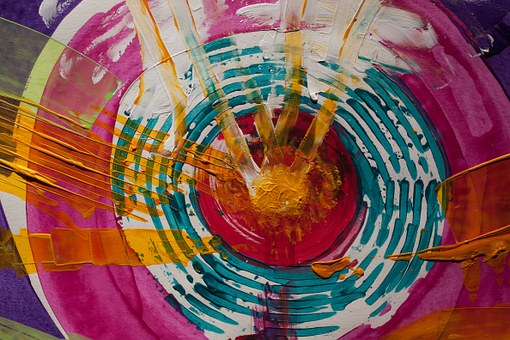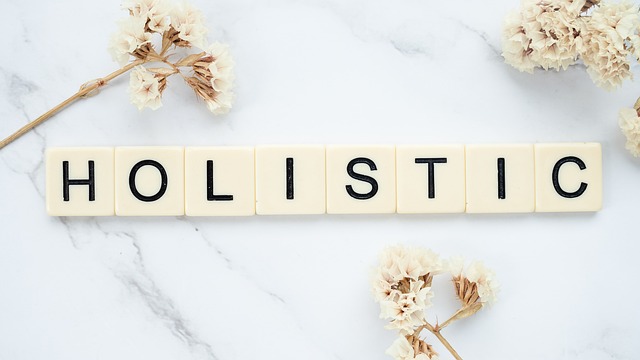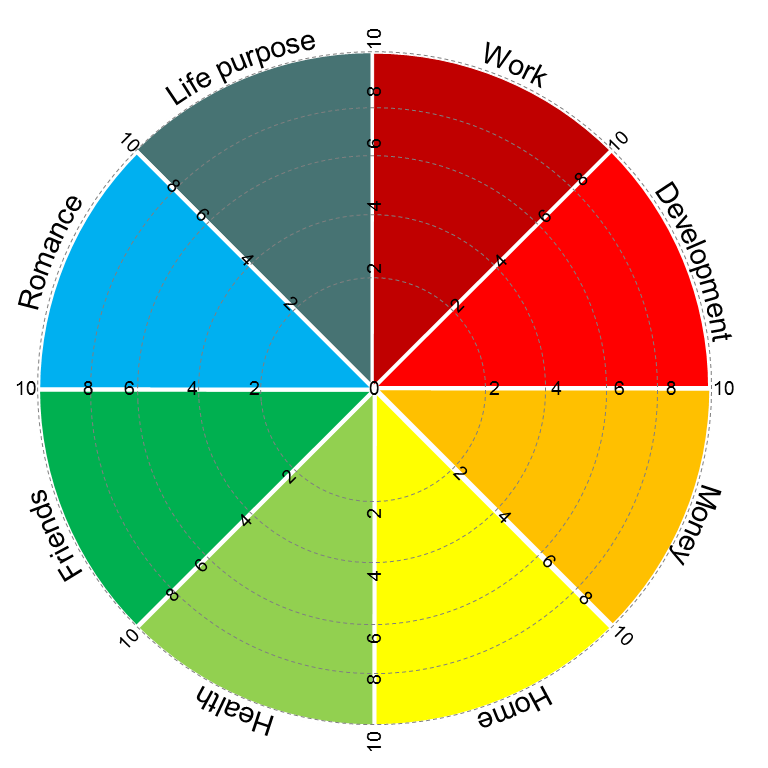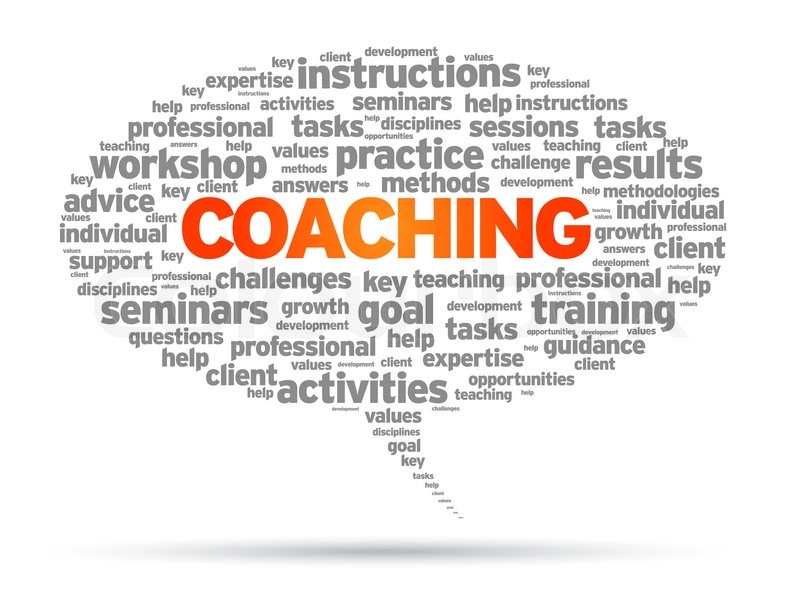Coaching focuses on facilitating a client’s learning and growth and improving performance in a desired area(s) of life.
Coaching can assist to motivate us to achieve our personal best in areas such as family, relationships, studies, career, finances, health, and more…
A Coach helps their clients, or ‘Coachees’, to understand their individual circumstances and goals, and then provides them with the tools and support they need to develop and implement strategies to achieve their goals.
Coaches help Coachees to maximise their personal and/or professional potential in order to succeed in whatever they choose to do.
Coaches provide an ongoing partnership designed to help clients produce fulfilling results in their personal and professional lives.
Coaches are trained to listen, to observe and to customise their approach to individual client needs.
There are many areas of Coaching, including: Life Coaching, Empowerment Coaching, Abundance Coaching, Health Coaching, Career Coaching, Relationship Coaching, Image Coaching, Spiritual Coaching and more...
